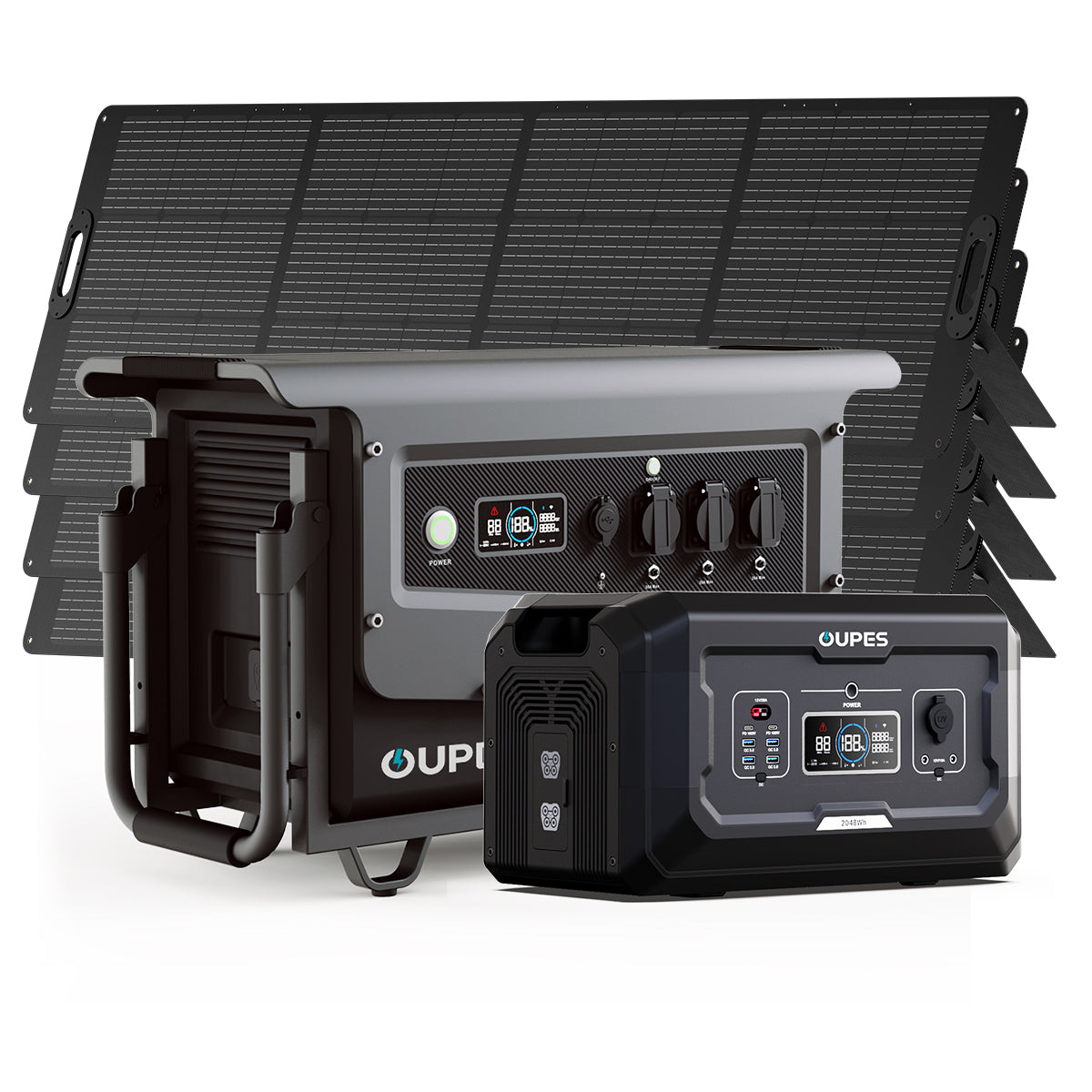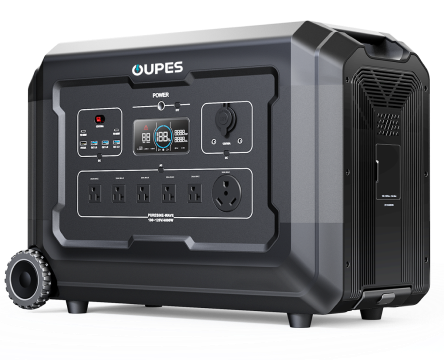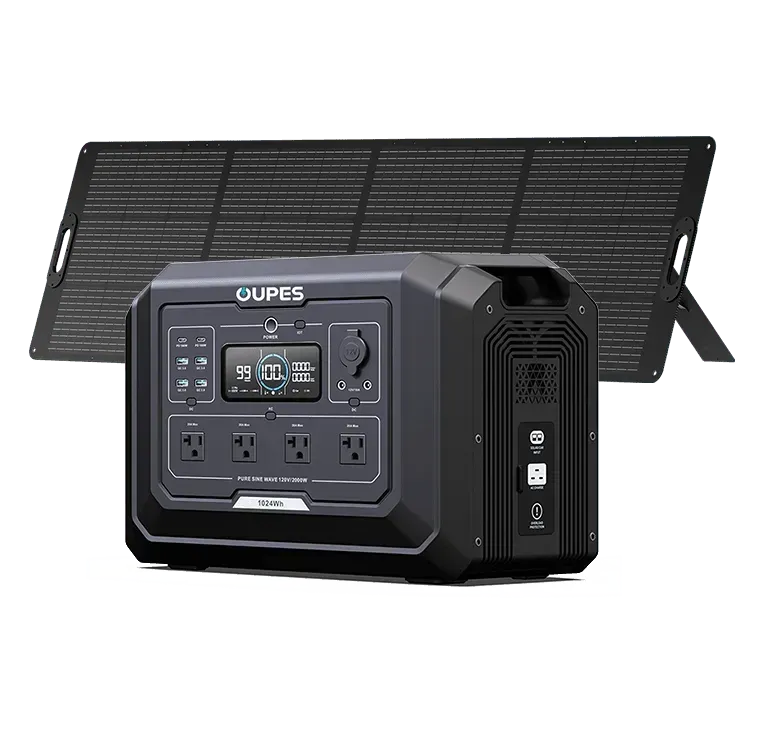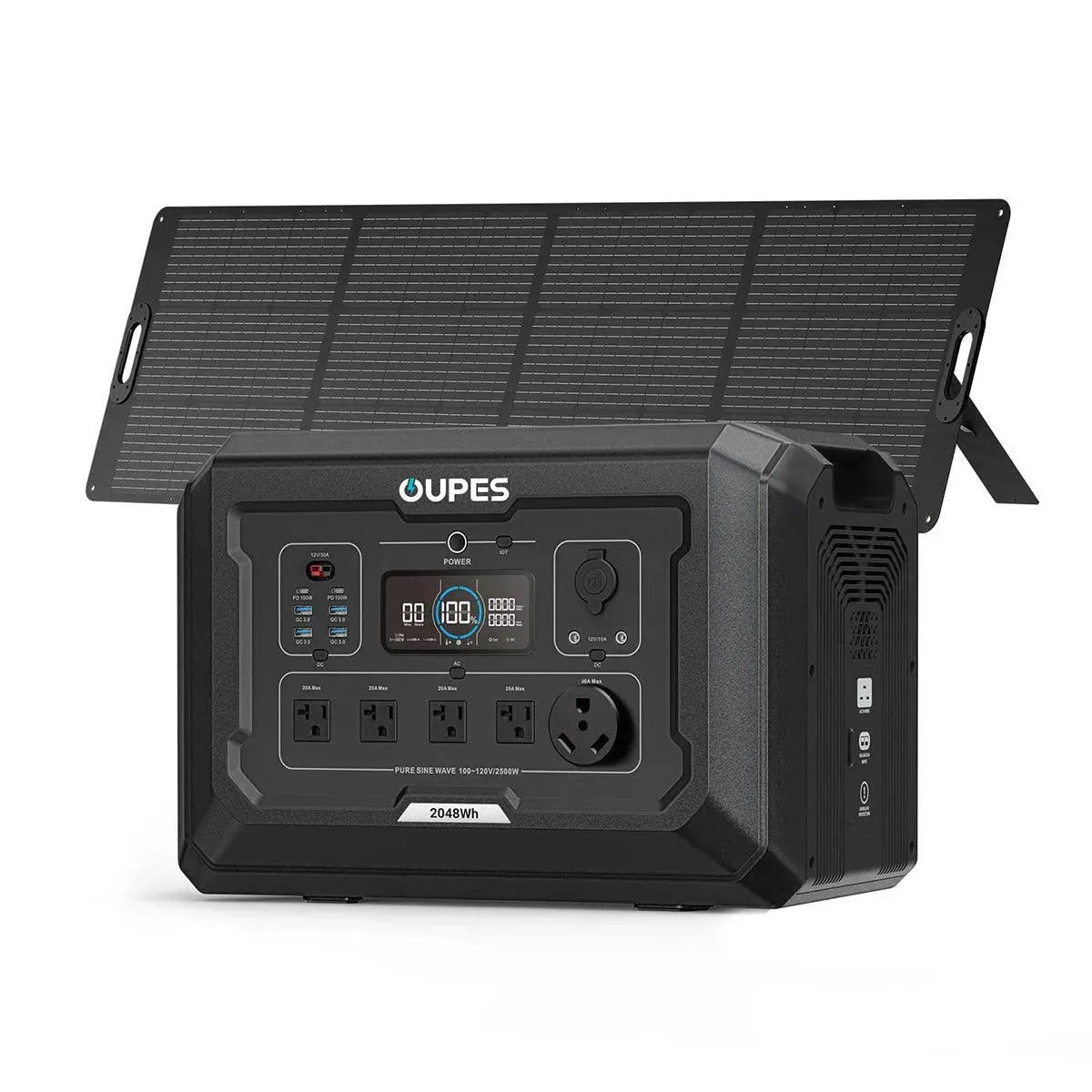
Introduction: Why Home Battery Backups Matter
As power outages become more frequent due to extreme weather, aging infrastructure, and rising demand, homeowners are increasingly seeking reliable solutions to keep the lights on. A home battery backup system stores energy for use when the grid fails, ensuring that your essential devices continue to operate — from refrigerators and routers to medical equipment.
Beyond emergency preparedness, battery backups also play a key role in reducing energy costs, supporting renewable energy systems, and promoting energy independence. But are they really worth the investment? Let’s explore in detail.
What Is a Home Battery Backup?
A home battery backup is a system that stores electricity — either from the grid or from renewable sources like solar panels — for use during power outages or periods of high electricity prices. These systems can function as part of a solar setup or as standalone storage solutions.
Types of Home Battery Systems
- Grid-Tied with Backup: Connected to the utility grid and automatically supplies power during blackouts.
- Off-Grid: Completely independent from the grid, relying solely on solar or other renewable energy sources.
- Hybrid Systems: Combine solar panels, battery storage, and grid connectivity for maximum flexibility.
How Home Battery Backups Work
The basic concept is simple: energy is collected, stored, and used later when needed. Here’s how it functions step-by-step.
1. Energy Collection
If you have solar panels, they generate DC electricity from sunlight. This energy either powers your home directly or charges your battery system. In a non-solar setup, your battery charges using grid electricity during off-peak hours when rates are low.
2. Energy Storage
The stored electricity remains in the battery until it’s needed — for example, during an outage or when peak-time electricity costs rise.
3. Energy Conversion and Use
When your home requires backup power, the inverter converts stored DC power into AC power to run household appliances seamlessly.
Key Benefits of Home Battery Backups
1. Protection During Power Outages
The most immediate advantage of home battery systems is reliability. Whether it’s a few hours or several days, backup batteries ensure you stay connected and comfortable.
2. Lower Electricity Bills
Many homeowners save money through time-of-use optimization — charging batteries when rates are low and using stored energy during peak hours.
3. Greater Energy Independence
By storing solar energy instead of sending it back to the grid, you become less dependent on utilities and gain more control over your energy usage.
4. Environmental Benefits
Home batteries enable efficient use of renewable energy, reducing carbon emissions and your household’s environmental footprint.
5. Quiet and Low Maintenance
Unlike gas generators, battery backups operate silently and require minimal upkeep — no refueling, no exhaust, and no noise.
Understanding the Costs
The cost of a home battery backup system varies depending on capacity, technology, and installation complexity. However, understanding these cost factors helps you determine whether the investment suits your needs.
| Cost Factor | Typical Range (USD) | Description |
|---|---|---|
| Battery Unit | $6,000 – $12,000 | The main energy storage component. |
| Installation | $1,000 – $3,000 | Labor, wiring, and integration with your existing electrical system. |
| Inverter | $800 – $2,000 | Converts DC to AC power for household use. |
| Solar Panel Integration (optional) | $3,000 – $10,000+ | Enhances efficiency by using solar energy instead of grid power. |
Financial Incentives
Many regions offer tax credits, rebates, or energy storage incentives that can reduce the cost by 20–40%. When paired with solar systems, these savings become even more substantial.
Are Home Battery Backups Worth It?
The answer depends on your energy goals, location, and lifestyle. Here’s how to evaluate whether a home battery is right for you:
1. You Live in an Area with Frequent Outages
If your region experiences regular storms or unreliable grid service, a battery backup provides invaluable peace of mind and safety.
2. You Use Solar Power
Pairing batteries with solar panels allows you to store excess daytime energy for use at night — maximizing your solar investment and minimizing grid dependence.
3. You Want Long-Term Savings
Though the initial cost may be significant, home batteries can save thousands over a decade, especially in areas with time-of-use billing.
4. You Value Sustainable Living
Using stored solar energy reduces reliance on fossil fuels and helps create a cleaner energy future.
Potential Drawbacks
- High upfront cost
- Limited capacity for whole-house use (depending on system size)
- Battery degradation over time (though modern LiFePO₄ batteries last 10+ years)
Portable Power Stations and Solar Generators: A Flexible Alternative
If a full home battery system feels like too much investment, portable solar generators and power stations offer a more flexible and affordable solution. They’re ideal for renters, RV owners, and households seeking backup power without permanent installation.
Advantages of Portable Solar Generators
- Portability: Compact and easy to move between rooms, outdoor areas, or vehicles.
- Affordability: Typically range from $500 to $2,000 — far less than fixed home batteries.
- Silent Operation: No noise or emissions, suitable for indoor use.
- Solar Rechargeable: Can recharge via portable solar panels, ensuring sustainable energy during prolonged outages.
- Plug-and-Play Design: No installation required; simply connect and power devices.
Comparison Table: Home Battery vs. Portable Solar Generator
Here’s how traditional home batteries stack up against portable power stations:
| Feature | Home Battery Backup | Portable Solar Generator |
|---|---|---|
| Installation | Requires professional installation | Plug-and-play setup |
| Mobility | Fixed to one location | Portable and versatile |
| Capacity | High (10–20 kWh typical) | Moderate (1–5 kWh typical) |
| Cost | $8,000–$15,000+ | $500–$2,000 |
| Use Case | Whole-home backup | Emergency power or portable use |
| Solar Integration | Permanent solar setup | Portable solar panels |
| Noise & Emissions | Silent, zero emissions | Silent, zero emissions |
How OUPES Portable Power Stations Enhance Energy Security
OUPES portable power stations combine advanced LiFePO₄ batteries, intelligent energy management, and rapid charging technology to deliver a dependable, eco-friendly energy source. They’re ideal for households seeking reliable backup power without the cost or complexity of full home installations.
With features such as AC + solar dual charging, smart app monitoring, and expandable capacity, OUPES power stations help users stay powered through outages while promoting sustainable living.
FAQ
1) How long can a home battery backup power a house?
It depends on capacity and energy use. A 10 kWh battery can run essential devices for 8–12 hours. Adding solar panels can extend runtime indefinitely.
2) Are portable solar generators powerful enough for homes?
They can handle small to medium loads — perfect for lights, refrigerators, or routers during outages — but not full household systems.
3) Do home batteries require maintenance?
Modern lithium-based batteries require minimal maintenance. Regular monitoring ensures optimal performance and longevity.
4) What’s the lifespan of a home battery backup?
High-quality LiFePO₄ batteries typically last 10–15 years with over 3,000–5,000 charge cycles.
5) Why consider OUPES?
OUPES provides reliable, high-performance portable power solutions using advanced LiFePO₄ technology and smart energy management, making it easier to achieve energy independence.
Final Thoughts
Home battery backups are a valuable investment for anyone seeking energy independence, reliability, and sustainability. While the upfront cost can be significant, the long-term benefits — from bill savings to peace of mind — often outweigh it. For those seeking a flexible or budget-friendly alternative, portable solar generators like those from OUPES offer an accessible entry point into clean, reliable backup power.




























